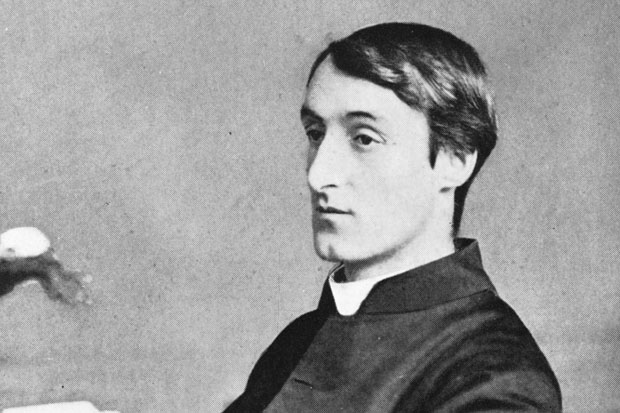It’s been a long time coming for György Spiró. However much Hungarian writers complain about the isolation forced upon them by their non-Indo-European agglutinative language, the big names have always got through, maybe to a global shrug from the reading public, but they have made it out. And in fact, recently, the Magyar dead have done particularly well: Bánffy, Szabó, Szerb, Márai and Karinthy have found many British fans.
Already a subscriber? Log in
Subscribe for just $2 a week
Try a month of The Spectator Australia absolutely free and without commitment. Not only that but – if you choose to continue – you’ll pay just $2 a week for your first year.
- Unlimited access to spectator.com.au and app
- The weekly edition on the Spectator Australia app
- Spectator podcasts and newsletters
- Full access to spectator.co.uk
Unlock this article
Available from the Spectator Bookshop, £17 Tel: 08430 600033. Tibor Fischer’s novels include The Thought Gang, The Collector Collector and Voyage to the End of the Room.
You might disagree with half of it, but you’ll enjoy reading all of it. Try your first month for free, then just $2 a week for the remainder of your first year.














Comments
Don't miss out
Join the conversation with other Spectator Australia readers. Subscribe to leave a comment.
SUBSCRIBEAlready a subscriber? Log in